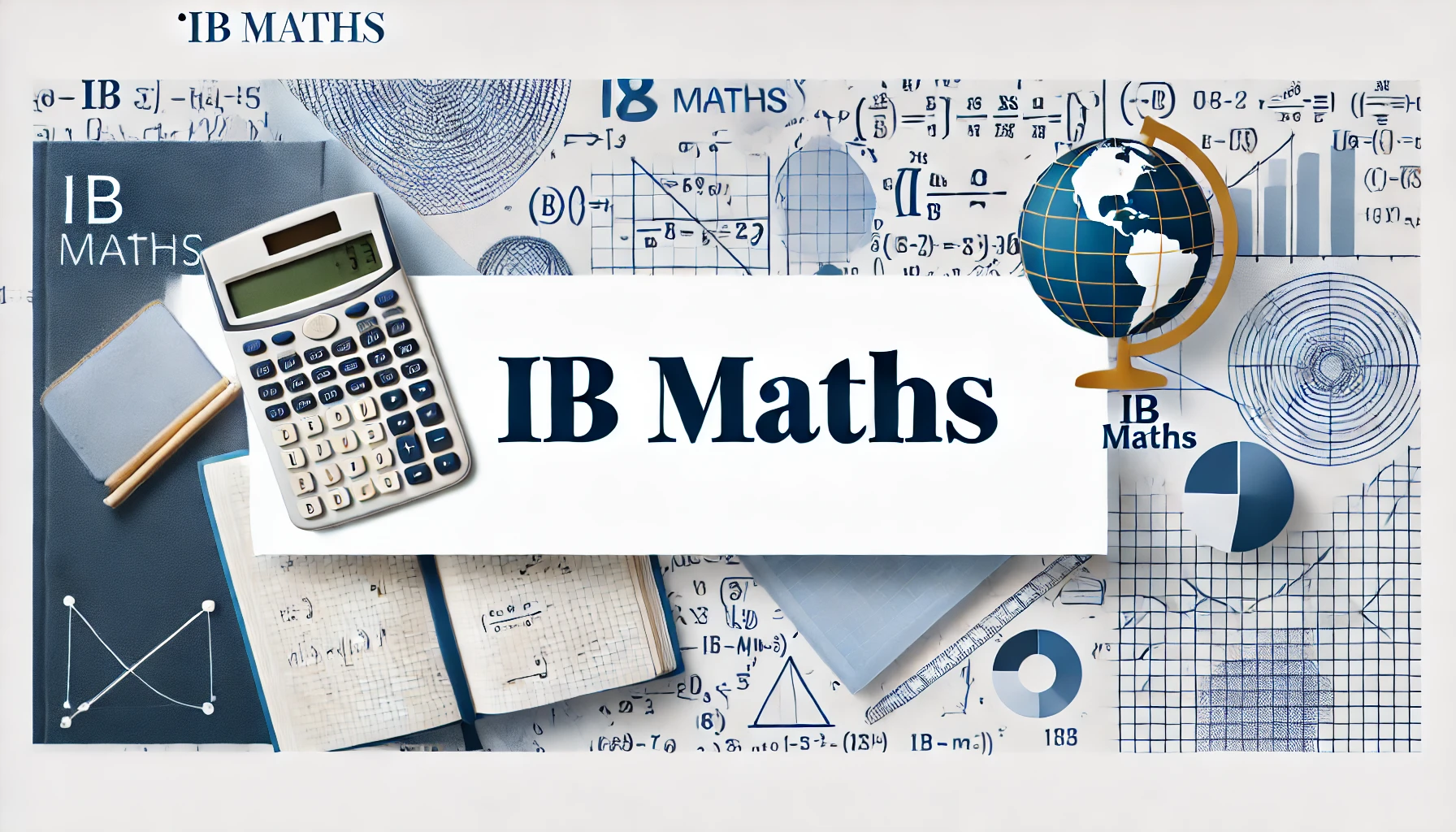

Succeeding in IB Psychology requires more than a deep understanding of psychological theories and research. It’s about responding to questions in a way that meets the specific criteria set by IB examiners. Command terms are central to this, providing clear instructions on how to structure and develop your answers effectively.
What Are Command Terms?
Command terms are the instructional words or phrases used in IB Psychology questions, guiding students on how to approach and structure their responses. These terms range from simpler tasks like "define" or "outline" to more complex directives such as "evaluate" or "discuss."
Each command term has a precise meaning, and examiners expect students to address them appropriately. For example:
- "Explain" requires you to provide detailed reasoning behind a psychological concept, theory, or study.
- "Evaluate" asks you to weigh strengths and limitations, considering multiple perspectives.
With exams contributing significantly to the overall marks in most IB subjects, mastering command terms is essential for achieving strong results.
💡Check out our blog for a full breakdown of how the IB is graded!
IB Psychology Command Terms
Why Are Command Terms Important?
- Clarity in Expectations:
- Command terms specify exactly what the question demands. Misinterpreting or neglecting them can lead to incomplete or off-track answers, even if your psychological knowledge is strong.
- Efficient Time Management:
- Recognising the command term early helps you structure your response effectively, saving time and avoiding unnecessary elaboration.
- Maximising Marks:
- IB examiners allocate marks based on how well you address the specific requirements of a question. Accurately responding to command terms ensures you meet all criteria for achieving full marks.
Study and Exam Tips for IB Psychology
Mastering command terms is just one aspect of excelling in IB Psychology. To ensure you’re fully prepared for your exams, incorporate these strategies into your study routine:
1. Practise Past Papers
Familiarise yourself with how command terms are used in actual IB Psychology exams by working through past papers. Review the mark schemes to understand the depth and detail required for each question.
Based on insights from over 500 IB tutors, one key recommendation is clear: the best way to prepare for IB exams is by practising past papers.
2. Create a Command Term Glossary
Compile a list of command terms along with their definitions. Regularly review this glossary to internalise the specific expectations of each term.
3. Study Mark Schemes
Analyse how marks are awarded for various types of questions. Understanding what examiners are looking for will help you craft responses that align with each command term’s requirements.
4. Use Research Studies Effectively
For command terms like "support with evidence" or "evaluate," ensure you use relevant research studies to substantiate your arguments. Include details such as methodology, findings, and implications.
5. Practise Timed Responses
Simulate exam conditions by practising under timed constraints. This will help you quickly identify command terms and structure concise, focused responses during the actual exam.
6. Seek Constructive Feedback
Have your teacher or tutor review your practice answers and provide detailed feedback. This will help you refine your approach and ensure your responses meet the expectations of command terms.
Conclusion
Mastering command terms is a crucial component of success in IB Psychology. These terms provide a framework for crafting responses that align with the expectations of IB examiners. However, excelling also requires consistent practice, a deep understanding of psychological theories and research, and strategic preparation.
With dedication and the right techniques, you’ll be well-prepared to excel in IB Psychology, delivering thoughtful and well-structured responses that achieve top results.






